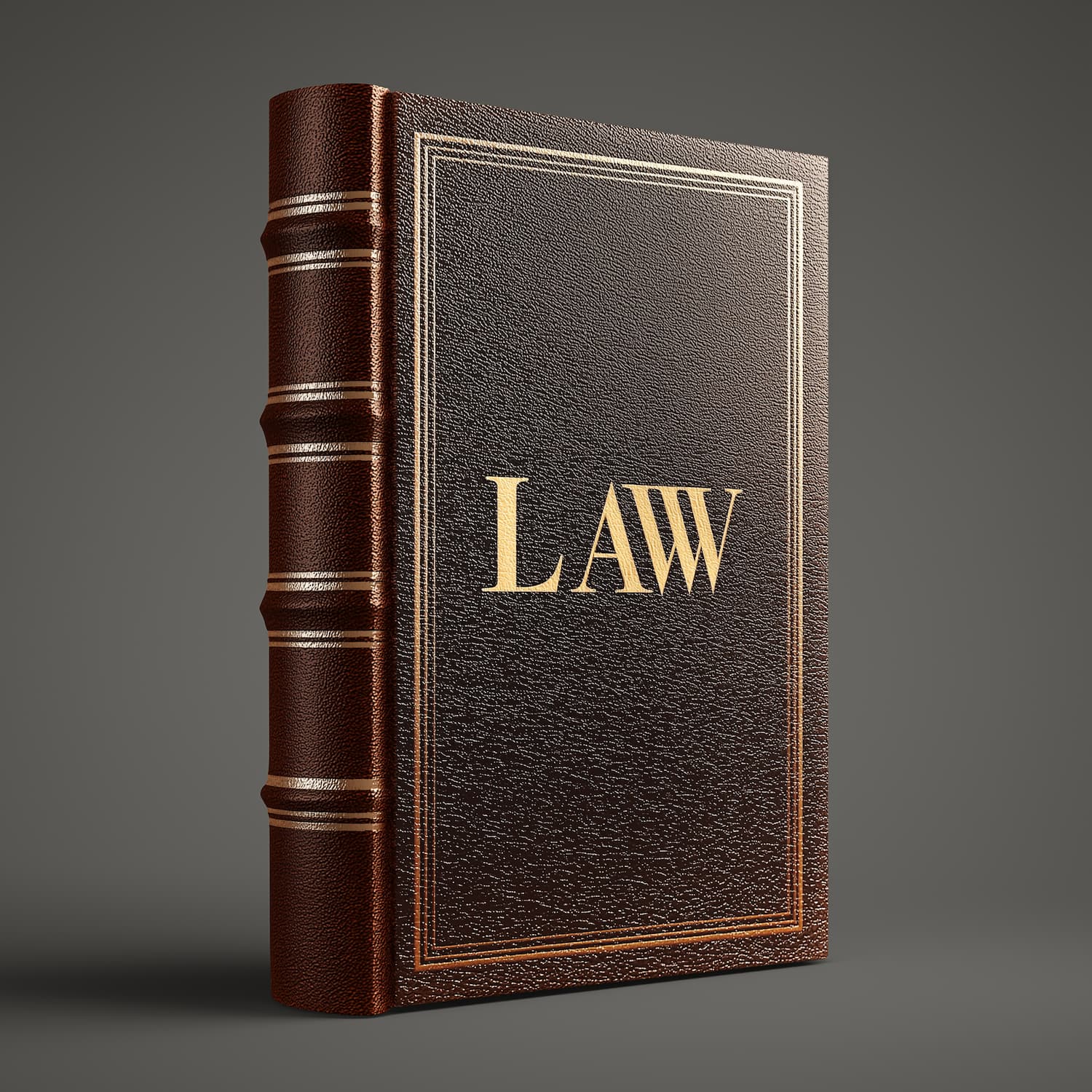
Educational institutions are more than just places of learning — they are complex legal entities bound by numerous responsibilities. From elementary schools to universities, institutions must navigate an intricate legal landscape that governs their relationships with both students and faculty. These duties are not merely administrative; they carry legal consequences that affect safety, fairness, access, and trust.
This article explores the primary legal responsibilities that schools, colleges, and universities have toward teachers and students, and why these obligations are fundamental to maintaining lawful, ethical, and effective educational environments.
The Legal Duty to Provide a Safe Environment
One of the core responsibilities of any educational institution is to ensure a safe physical and emotional environment for everyone on campus.
For students, this includes protection from bullying, harassment, and violence. In many jurisdictions, schools are legally required to take reasonable measures to prevent harm. Failure to address known risks can lead to negligence claims or even violations of civil rights laws, especially when dealing with protected categories like gender, race, or disability.
For teachers, safety involves both physical protection and policies that guard against workplace harassment or retaliation. Employment law mandates that staff have access to a harassment-free environment, and institutions are expected to investigate any claims promptly and fairly.
Non-Discrimination and Equal Opportunity
Educational institutions are legally obligated to uphold equal access to learning opportunities, regardless of a student’s or teacher’s race, gender, religion, disability, or other protected status.
Laws like Title IX in the United States ensure gender equality, particularly in sports and academic programs. Similarly, the ADA (Americans with Disabilities Act) requires schools to provide reasonable accommodations to students and employees with disabilities.
Discrimination in hiring, grading, admissions, or disciplinary practices can not only damage reputations but lead to costly lawsuits. Institutions must ensure that policies and procedures are fair, consistent, and legally compliant.
Contractual Obligations to Faculty
Most teachers and professors are employed under formal contracts, whether union-based, tenure-track, or at-will. These contracts outline rights related to salary, benefits, academic freedom, and expectations of service.
Failure to honor contractual terms — such as not paying agreed wages, changing job duties without consent, or unfairly terminating employment — can result in breach of contract lawsuits or labor grievances.
Furthermore, many universities grant academic freedom to their instructors, which means they cannot be penalized for expressing controversial views within their field. Legal disputes sometimes arise when institutions attempt to limit that freedom in ways that violate contractual or constitutional rights.
The Right to Due Process
Both students and teachers have a right to due process when accused of violating institutional policies. This means fair and transparent procedures must be in place before any significant disciplinary action is taken.
For students, this may involve hearings before suspension or expulsion. For faculty, it means having access to grievance procedures, legal counsel, and an impartial review process before termination or demotion.
Educational institutions that bypass due process can face legal challenges for wrongful dismissal or violation of civil rights.
Privacy and Confidentiality
Another key legal responsibility is the protection of personal data and academic records.
In the U.S., the Family Educational Rights and Privacy Act (FERPA) governs access to student education records. Schools must not disclose grades, attendance, or disciplinary history without proper consent. Similar privacy laws exist in Europe (GDPR) and other regions.
For faculty, personal files and employment records must be kept confidential and accessed only by authorized personnel. Any breach of privacy — even accidental — can result in serious legal consequences.
Duty to Accommodate Special Needs
Educational institutions are required to accommodate students and staff with disabilities, whether physical, emotional, or learning-based.
For students, this might include extended testing time, accessible classrooms, or alternative formats for learning materials. For faculty, it could involve workplace modifications or flexible scheduling.
Failure to provide reasonable accommodations can be classified as disability discrimination, resulting in legal action under laws such as the ADA or Section 504 of the Rehabilitation Act.
Institutions must conduct individual assessments and engage in interactive processes to determine appropriate accommodations, documenting decisions clearly.
Intellectual Property and Academic Integrity
With the rise of digital content and online learning, intellectual property law plays an increasingly important role in education.
Teachers and researchers often create materials — syllabi, lectures, publications — that may be protected under copyright. Institutions must clearly define who owns what and under what conditions these materials can be shared or commercialized.
Similarly, students are entitled to clear guidelines around academic integrity, including plagiarism policies and fair evaluation. Legal disputes can arise when policies are applied inconsistently or when disciplinary actions are taken without adequate evidence.
Transparency and Fair Grading
Institutions are expected to maintain transparent, consistent grading and evaluation policies. While teachers generally have autonomy in assessment, schools must ensure that grading is free from bias and based on clearly communicated criteria.
Students have legal rights to appeal grades in cases of procedural error, discrimination, or misconduct. Faculty must be trained to document grading decisions and to follow institutional rubrics where applicable.
Oversight and Legal Compliance
Finally, educational institutions must comply with local, state, and federal regulations that govern everything from employment law to tax status, campus safety to data protection.
Many schools now employ full-time legal counsel or compliance officers to oversee these obligations. Failure to remain in compliance can result in loss of accreditation, funding, or legal standing.
Conclusion: Legal Literacy as a Cornerstone of Education
The relationship between educational institutions and their communities is built not only on trust but on legal responsibility. Whether it’s ensuring student safety, protecting academic freedom, or honoring employment contracts, institutions must approach their roles with clarity, consistency, and care.
As the educational landscape becomes more digital, more diverse, and more regulated, legal literacy is no longer optional — it is essential. Schools that invest in understanding and upholding their legal obligations do more than avoid lawsuits: they create environments where students can learn, teachers can thrive, and education can flourish.
